How do i obtain an epc certificate? Step-by-Step Guide
Get Your Energy Performance Certificate EPC & EICR Today. Embrace Exclusive Discounts and Relish Hassle-Free, Trusted Services.
Obtaining an Energy Performance Certificate (EPC) is a straightforward process, but it requires following specific steps to ensure you get a valid certificate from a qualified assessor. Here’s a step-by-step guide to help you obtain an EPC:
Step-by-Step Guide to Obtaining an EPC
-
Understand What an EPC Is:
- An EPC provides information on the energy efficiency of a building, giving it a rating from A (most efficient) to G (least efficient).
- It also includes recommendations on how to improve the building’s energy efficiency.
-
Check Legal Requirements:
- In the UK, an EPC is required whenever a property is built, sold, or rented.
- It is also needed for commercial properties and public buildings.
-
Find a Qualified Energy Assessor:
- Only accredited Domestic Energy Assessors (DEAs) can issue EPCs for residential properties.
- For commercial properties, you will need a Non-Domestic Energy Assessor (NDEA).
-
Search for a Local Assessor:
- Use the EPC Register to find an accredited assessor in your area: EPC Register
- Alternatively, you can contact professional bodies such as the Chartered Institute of Building (CIOB) or the Royal Institution of Chartered Surveyors (RICS) for recommendations.
-
Arrange an Assessment:
- Contact the assessor to schedule an appointment.
- Provide necessary details about the property, such as size, type, and age.
-
Prepare for the Assessment:
- Ensure the assessor has access to all areas of the property, including lofts, basements, and any outbuildings.
- Provide information on any existing insulation, heating systems, and energy-saving measures already in place.
-
The Assessment Process:
- The assessor will visit the property and conduct a thorough inspection, which typically takes around 1-2 hours for a residential property.
- They will collect data on the property’s construction, heating, cooling, and lighting systems, as well as insulation levels.
-
Receive the EPC:
- After the assessment, the assessor will produce the EPC, which includes the property’s energy efficiency rating and recommendations for improvement.
- You will receive a copy of the certificate, and it will also be registered on the national EPC database.
-
Review and Implement Recommendations:
- Review the recommendations provided in the EPC to improve your property’s energy efficiency.
- Implementing these recommendations can help reduce energy costs and improve the property’s rating in future assessments.
-
Keep the EPC Safe:
- An EPC is valid for 10 years. Ensure you keep a copy safe for any future property transactions or rental agreements.
Cost of an EPC
- The cost of obtaining an EPC can vary depending on the size and type of the property, as well as the location.
- For a typical residential property, the cost ranges from £60 to £120.
- For larger or more complex properties, the cost may be higher.
Benefits of an EPC
- Compliance: Ensures you meet legal requirements for selling or renting your property.
- Energy Savings: Identifies opportunities to reduce energy consumption and save on utility bills.
- Marketability: Improves the attractiveness of your property to potential buyers or tenants.
Conclusion
Obtaining an EPC is a vital step in ensuring your property meets energy efficiency standards. By following these steps and working with a qualified assessor, you can easily obtain an EPC and take advantage of the benefits it offers. If you need assistance or further information, contacting a reputable company like Landlords Checks Ltd can help guide you through the process and ensure compliance with all regulatory requirements.

Energy Performance
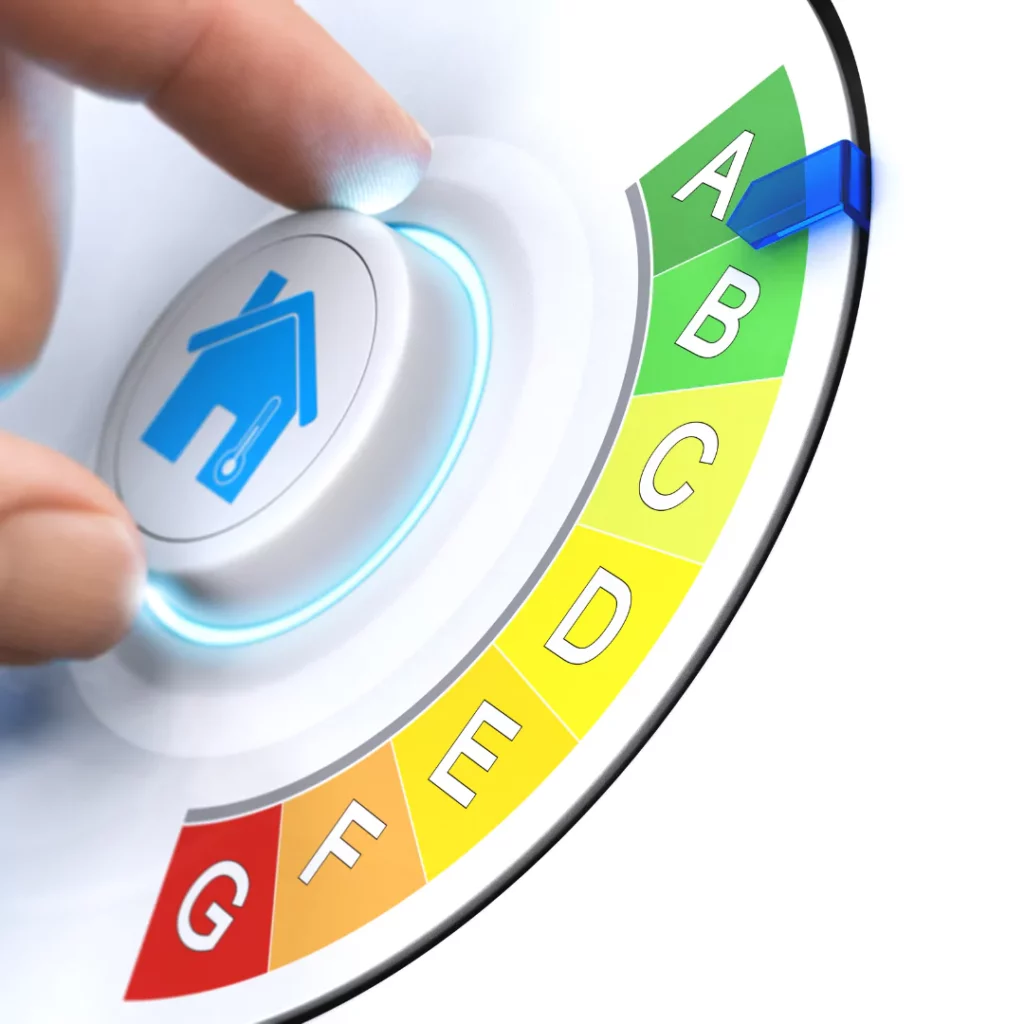

Talk To Us!
Get in touch if you're uncertain or need assistance ?
020 8609 7777
Talk to a Friendly Advisor
Certified and Trusted Professional Engineers



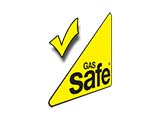
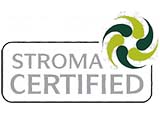
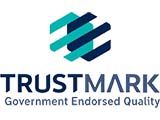


Landlords Checks are Trust Mark Approved

020 8609 7777
Talk to a Friendly Advisor

great all round service
Very efficient booking system, readily flexible if timings/dates needed to be changed, friendly and helpful team. Used them for two properties and will do so again when new checks needed.
Sandy

Quick turnaround
Speedy, reliable service. Customer service friendly and responsive. Would recommend.
James

Super organised professional
Super organised professional did exactly as they said they would do. Easy to deal with pleasure thank you!


